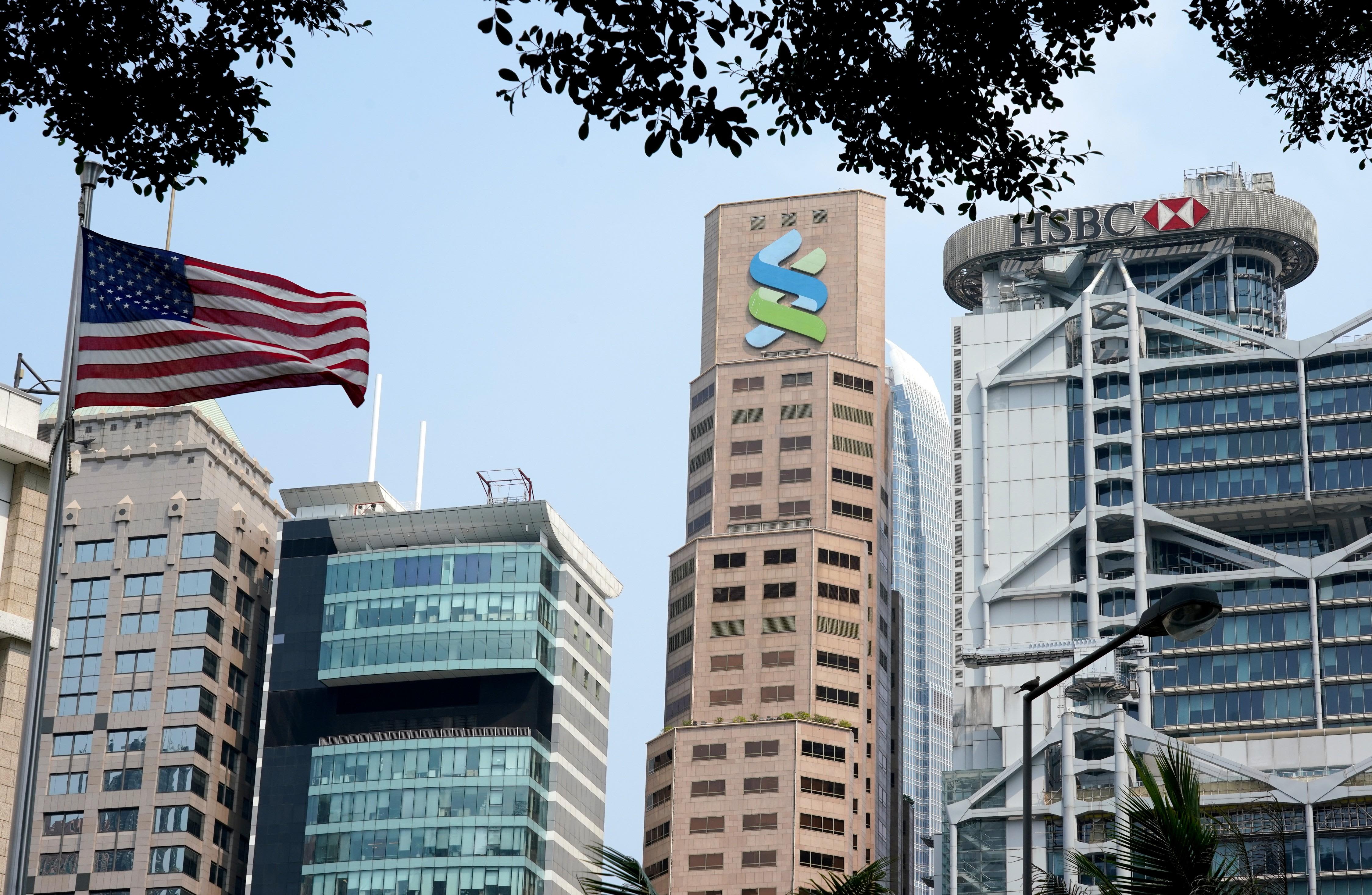
Hong Kong is "one of three major financial centers" in the world, and any damage to its status as a key hub will have an impact on all the firms operating there — including foreign companies, said Hong Kong's secretary for commerce and economic development.
Washington's move to evoke Hong Kong's special trading status with the U.S. was not "fair or justified," Edward Yau told CNBC on Tuesday.
He was referring to President Donald Trump announcement last Friday that he will end Hong Kong's preferential trade status with the United States. It came in response to China's approval of a proposed security law that would effectively override the legislature in the special administrative region.
Critics of the controversial legislation say it will erode the Chinese territory's freedoms and autonomy.
Hong Kong's autonomy
Separately, the U.S. passed a law last year requiring Hong Kong to be "sufficiently autonomous" from the mainland in order to qualify for a favorable trading relationship with the U.S.
China's proposal prompted concerns over Hong Kong's status as a top financial hub in Asia, but Yau stressed the importance of the city to companies from around the region.
"Hong Kong is ... one of the three major financial centers around the world. Here, we trade globally in our time zone for all the stocks listed in Hong Kong. They (are) not only confined to Hong Kong companies," he told CNBC, adding they include companies from mainland China, Singapore and the U.S.
Many companies establish their bases in the city as a gateway into mainland China, to East Asia and Southeast Asia, he pointed out.
There are concerns that more than 1,300 American companies operating in the city would be impacted if Hong Kong's special trade status with the U.S. were to be revoked.
Let us make one thing very clear: the introduction of the national security law does not affect, undermine or erode any of the rights and privileges given to all citizens, entities and also companies — be they local or otherwise.
Edward Yau
Hong Kong's secretary for commerce and economic development
Yau said that both local and overseas companies were in the services sector, where interests were intertwined.
"We welcome everybody to come do business here," Yau said , adding that Hong Kong is serving a "very unique role ... not just for the country, but also for the world."
The number of businesses operating in Hong Kong that have parent companies outside of the city was 9,040 last year –up nearly 10% from 2017, according to data from InvestHK, a government agency in Hong Kong. Those were mostly from mainland China, Japan, Singapore, the U.S. and the U.K.
Hong Kong hasn't been "spared from the bigger ... major geopolitical climate," Yau said. Even before the U.S. move to revoke the city's special status, tensions between the U.S. and China were rising, with the two fighting over the origins of the coronavirus outbreak, for instance.
Still, Yau added: "It doesn't seem logical for a major trading partner (that's) been investing in Hong Kong, taking full advantage of our trade balance and services sector, (to) do something meant to harm Hong Kong, and also simultaneously harming their own interests."
He urged the U.S. government to reconsider the decision and make "full calculations" on the impact of its move on their respective economies, as well as global markets.
Law doesn't 'undermine or erode' rights
The new law has also raised fears that freedoms of Hong Kong, a special administrative region of China, will continue to diminish. The city, a former British colony that returned to Chinese rule in 1997, is governed under the "one country, two systems" principle which is meant to guarantee a high degree of autonomy. It has its own judiciary, laws and currency.
But Yau on Tuesday gave assurances that Hong Kong would continue to be independent, and would continue to practise the British-based common law system.
"Let us make one thing very clear: the introduction of the national security law does not affect, undermine or erode any of the rights and privileges given to all citizens, entities and also companies — be they local or otherwise," he stressed.
"The national security law (is) there to protect not just territorial integrity, national security, but also the interests and stability of businesses," Yau said.
Top stories - Google News
June 02, 2020 at 01:18AM
https://ift.tt/2MjA3dd
Hurting Hong Kong's financial hub status will harm foreign businesses too, city's commerce secretary says - CNBC
Top stories - Google News
https://ift.tt/2FLTecc
Shoes Man Tutorial
Pos News Update
Meme Update
Korean Entertainment News
Japan News Update
Bagikan Berita Ini
















0 Response to "Hurting Hong Kong's financial hub status will harm foreign businesses too, city's commerce secretary says - CNBC"
Post a Comment